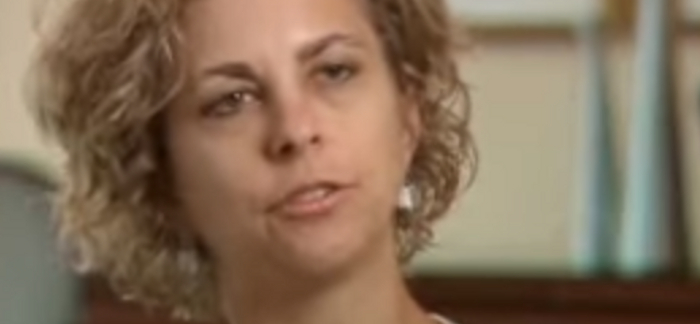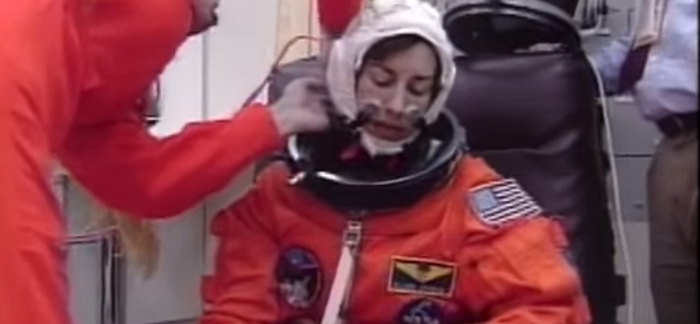Freshwater biomes are one of the few places where all life on the planet has access to drinking water. These biomes contain less than 1% sodium and make up just 3% of the total water volume that is found on the planet. We are all dependent on the resources of this biome in some way for the life we enjoy today.
1. Lots of Fish
4 out of every 10 fish species in the world calls the freshwater biome its home. There’s also more than 1,200 different amphibians that have been counted in this biome as well. From frogs to turtles to alligators, this important habitat helps to keep the world fueled up and ready to go. This means we also get food supplies from this biome in addition to the water we need to consume.
2. It’s a Sensitive Biome
The freshwater biome is also one of the most sensitive biomes in the world today. Many different pollutants can cause a negative impact on the biome, including human activity. Something has simple as placing a boat out on the water that hasn’t been properly cleaned can have a negative impact on this environment. One small change is enough to destroy many aspects of this biome.
3. Highly Varied
What makes the freshwater biome one of the most unique on the planet is the fact that there are multiple environments included within it. Ponds, lakes, rivers, and even swamps can all be included with this biome. Some of the waters move and flow. Others are “lentic,” which means they stand still. Even lakes have multiple zones included within the freshwater biome.
4. It’s Mostly Cold
Much of the water that is contained in the freshwater biome isn’t in liquid form. Most of it is actually ice and may be located above or below the ground. As global warming affects the environment, however, more liquid water may become available and this may eventually change the balance of this biome as it interacts with others.
The freshwater biome is necessary. We must have it in order to survive. That’s why we must make sure that we are all doing our best to take care of it so that future generations can benefit from the presence of freshwater supplies as we do today.




